Concreting or casting days are usually big days for site engineers. It is very typical to see engineers and project managers work very hard to ensure that nothing goes wrong on such days. Thinking ahead is an important skill in construction site management as it gives room for the elimination of all factors that may cause glitches during construction. In this article, we are going to provide some important checklists to help you know whether you are fully ready to cast concrete on site.
A lot of activities precede concrete casting on site such as formwork installation, reinforcement installation and fixing, quality control checks etc. Having gone through these processes to get everything right, the final stage is concreting. It is important to make a checklist in order to ensure that you have done everything properly. Omitting any of these checklists might cause a delay you will not expect on your day of casting.
Here are some important checklists before concreting in a low scale – low-cost construction project:
(1) Formwork
The formwork installation must be checked and approved by a third party. Checks should include dimensions and tolerances, bracings, location of props, tightness of formwork to prevent excessive loss of cement slurry etc.
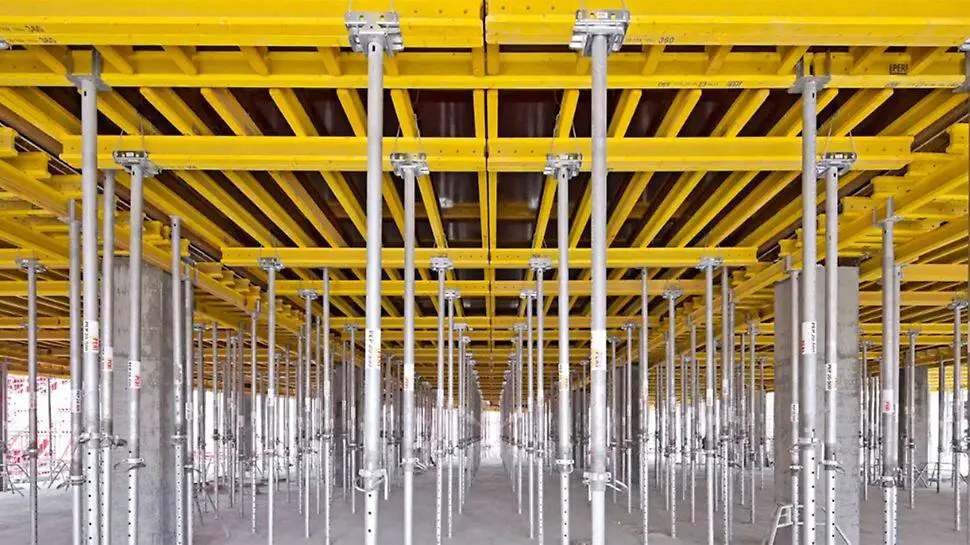
(2) Reinforcement
The reinforcement works must be checked and approved by the structural engineer and other relevant agencies. Checks should ensure that the correct grade and sizes of bars have been used, the rebar spacings are according to the drawings, lap lengths and positioning of bars are appropriate etc. The inspector should also check the concrete covers, and certify them as adequate.
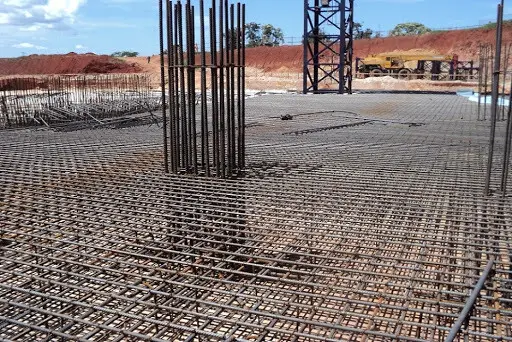
(3) Levels
The levels for concreting should be established and checked using available instruments. The levels can be established using nails, markers, pegs etc. It is not ideal to start establishing casting levels on the day of concreting. It will lead to delays.
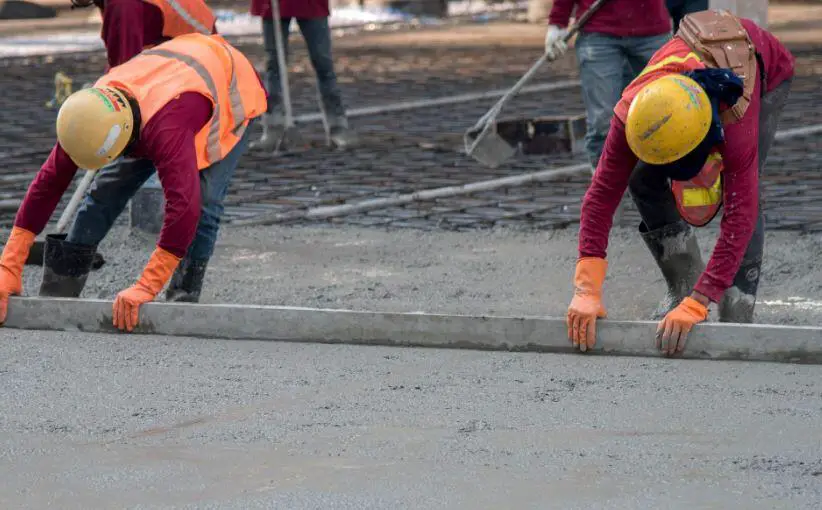
(4) Scaffolds, walkways, and platforms
Sometimes site engineers may forget to make provisions for walkways and platforms and start running around on a casting day. If you are casting at a height, make sure you provide safe benches, walkways, scaffolds, and platforms to enable the casters to walk freely and pour concrete in a safe manner.
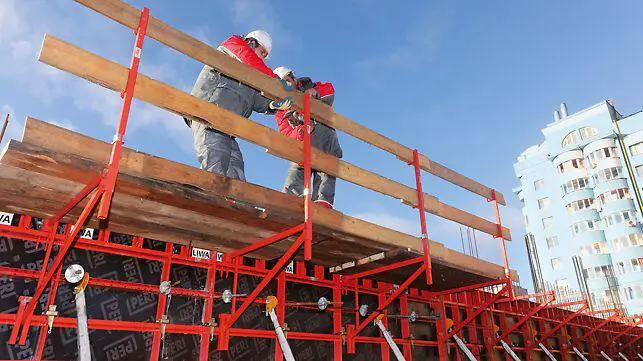
(5) Personal Protective Equipment (PPE)
All PPEs must be available on-site prior to the day of casting and given to workers before the commencement of casting. Safety officers should stop the casting operation if safety precautions are not taken seriously.
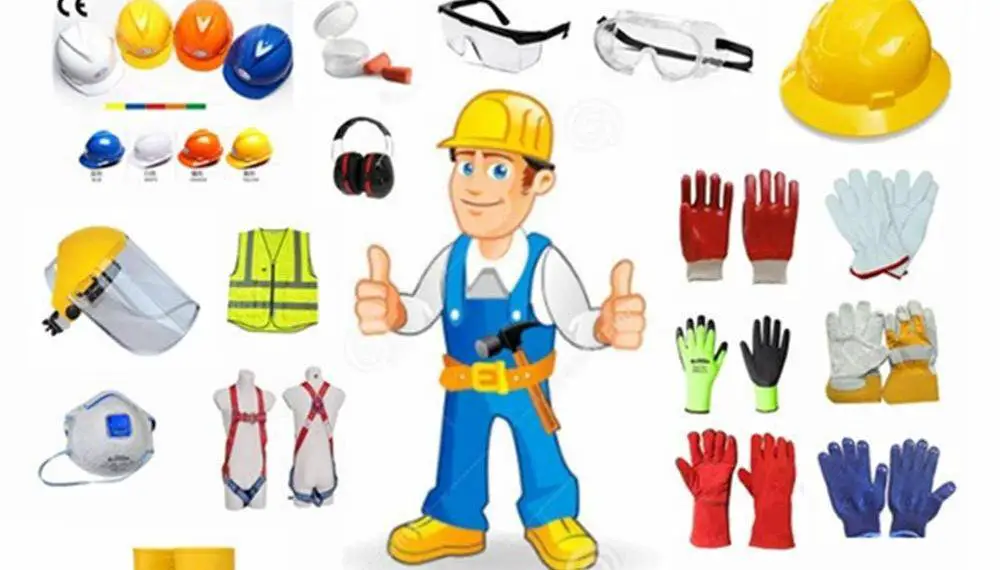
(6) Materials
All the materials needed for casting should be available before the day of casting. These include sand, granite, cement, admixtures, and water. As practically as possible, ensure that all the materials you need to complete the casting are on the ground a day prior to the casting date.
Suppliers may disappoint you on the casting day or there might be a breakdown of vehicles or unforeseen interruptions. This will completely ruin your big day and you will not meet your target. Also, make sure that you have calculated the quantity of materials you need properly, and verify that the suppliers did not undersupply. Lack of water on site can ruin your casting day too. Therefore, you must pay careful attention to the materials you need.
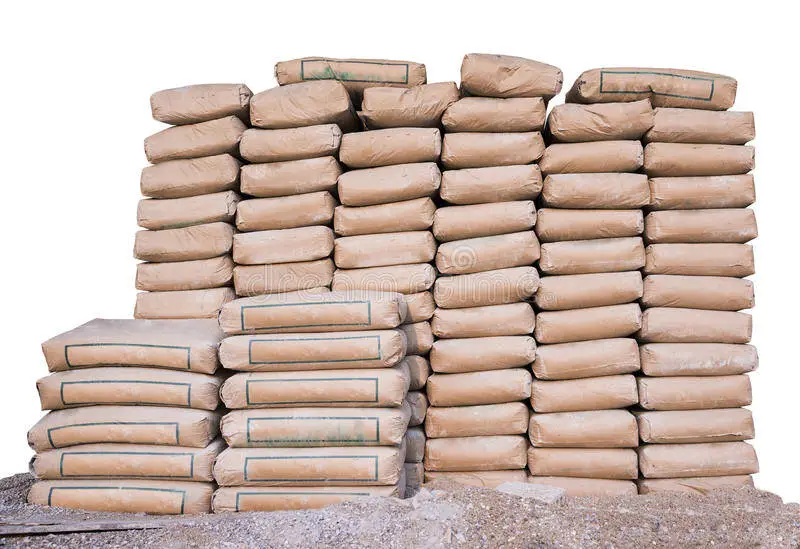
(7) Equipment/Machinery
Ensure that all tools, equipment, and machinery you need for the job are on stand-by prior to the day of casting. You should have at least two vibrators and two concrete mixers on-site, depending on the size of the job to be done. Breakdown of equipment can completely ruin your day. Also make sure that ancillary equipment such as your concrete cube moulds, buckets, headpans, shovels, trowels, etc are all available.
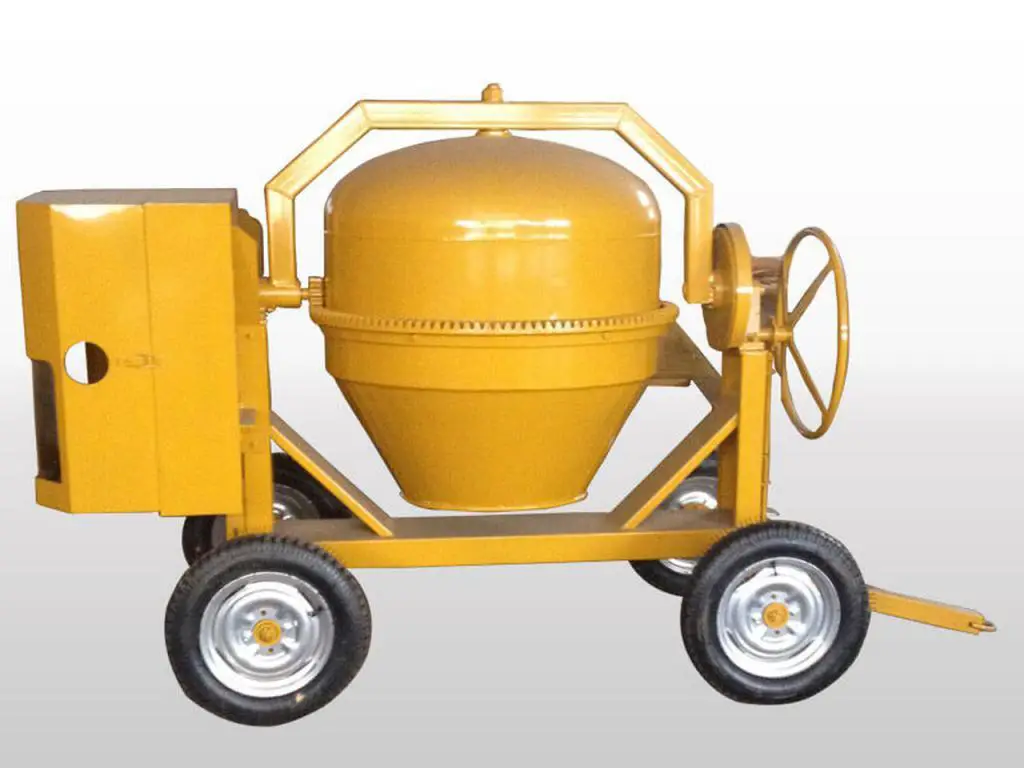
(8) Personnel
Make calls and confirm the availability of all personnel you will need for the job at least 24 hours before the casting day. This includes all supervisors, safety officers, operators, foremen, labourers, etc. Also, make sure that at least one iron bender, one carpenter, and one mechanic (technician) are available on your casting day for quick fixes just in case something goes wrong.
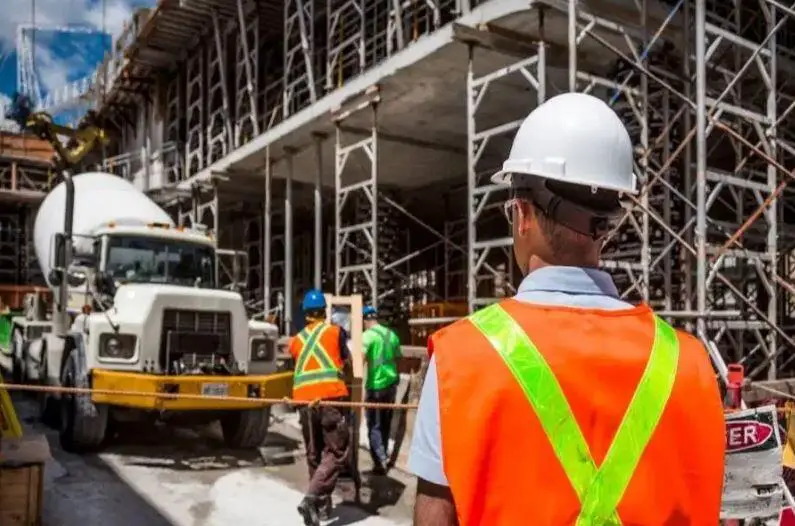
(9) Casting sequence/planning
Plan your casting operations very well before the actual casting date. You may want to look at the areas that you will cast before the others. Factors that may influence these are the location of materials, location of concrete mixers, concrete thermal cracking considerations, ease of access and pouring, construction methodology etc.
A site manager must work out these details properly and discuss them with the foremen and supervisors. Their inputs will be helpful for a successful casting operation. Also based on the size of the job, you can request two or more gangs (two or more concrete mixers with different casting teams) working simultaneously so that you can finish on time. Make provisions for adequate lighting on site if the casting must finish in one day, and you anticipate it might creep into dusk.
With all these checklists certified, you can be sure that your casting can progress without many problems.

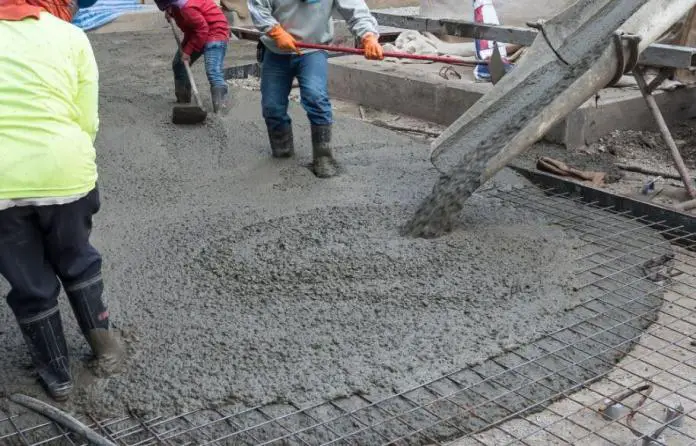



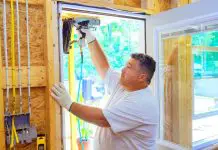
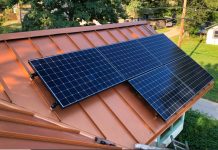


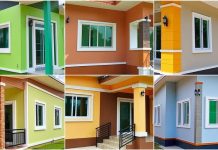
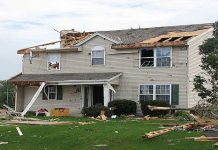
Nice write up!